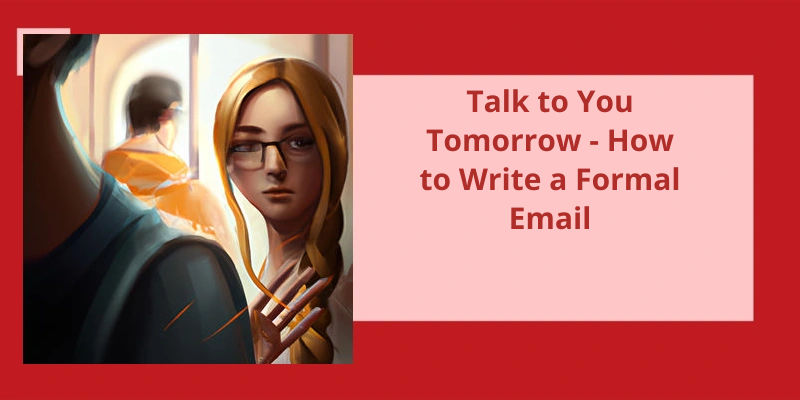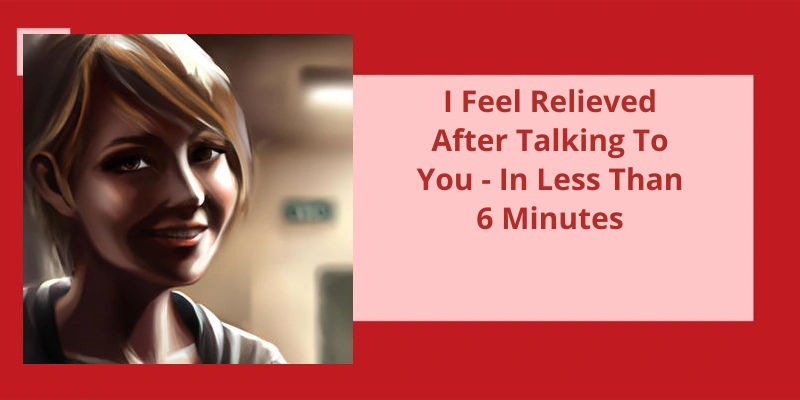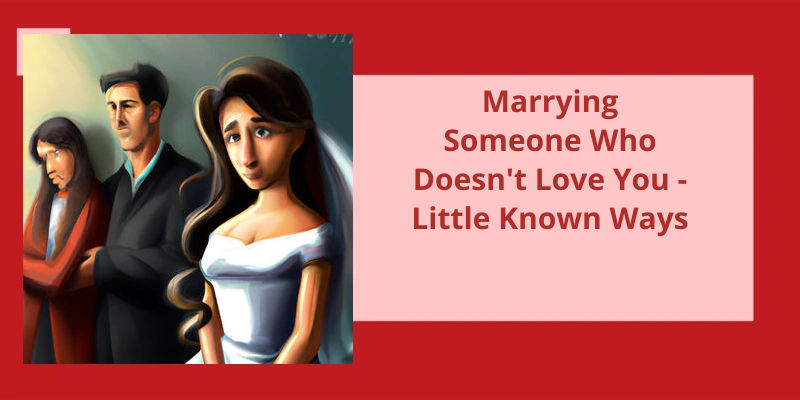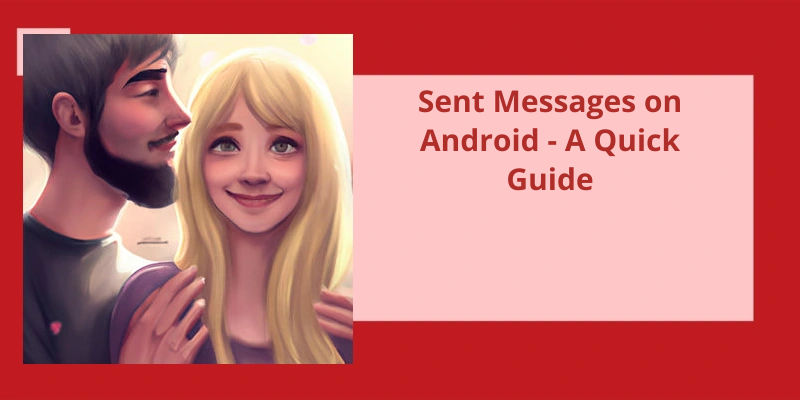As the world becomes increasingly digitized and remote, written communication has taken on a greater importance in our personal and professional lives. One particularly important form of written communication is the formal email, which can convey important information, establish professional relationships, and build trust and rapport between individuals. In this context, the act of sending a well-crafted email can have significant implications for one's success in the workplace and beyond. When it comes to communicating with colleagues, clients, or partners, sending a thoughtful, professional email can make all the difference. One such instance that requires careful consideration is when you need to say "talk to you tomorrow" in a formal email. To ensure that your message is received in the intended manner, it’s important to be clear, concise, and professional in your communication.
How Do You Say Talk to You Tomorrow in a Formal Way?
There are a few different ways to communicate the idea of having a conversation with someone on the following day, depending on the audience and the level of formality required. One simple and straightforward option is to say “I’ll talk to you tomorrow,” which is a relatively casual way of indicating a future conversation.
This phrasing suggests a greater level of authority and responsibility on the part of the speaker, as if they’re setting up a formal meeting or briefing rather than simply chatting casually.
Depending on the specific context of the conversation, other phrasings might be more appropriate as well. For example, if the conversation is taking place in a business context, it might be more customary to say “I look forward to speaking with you tomorrow” or “I’ll plan to discuss this with you further tomorrow.”. These phrasings convey a greater sense of professionalism and intentionality than simply stating that a conversation will take place.
Overall, the key to selecting the right phrasing for a conversation is to consider the audience and the context in which the conversation will take place. By choosing the right words and tone, speakers can convey their message clearly and effectively while also projecting an appropriate level of formality and authority.
By being reliable and punctual, speakers can build trust and respect with their listeners and create a productive and effective professional relationship over time.
As you can see, there are a variety of ways to say “see you tomorrow” politely and with enthusiasm. Whether it’s a formal meeting or a casual hangout, there’s a phrase on this list to suit your needs. But what about other situations where you might need to bid farewell? Let’s explore some alternatives for saying goodbye in different contexts.
How Do You Politely Say See You Tomorrow?
Saying goodbye is always a common occurrence in our daily interactions, whether it be with friends, family, or colleagues. One of the most common ways to say goodbye is by using the phrase, “See you tomorrow.”. However, in some situations, this phrase may not seem appropriate or polite, making it essential to know how to rephrase it in a more formal context.
If you’re in a business or professional setting and want to say, “See you tomorrow” without sounding too casual, one approach you can take is to use an alternative ending phrase, such as “I look forward to our meeting tomorrow.”. This phrase is a polite way to convey that you’re eager to meet with the person again and shows a level of professionalism that’s appropriate for the context.
Another way to say goodbye in a more informal yet still respectful way is to use the phrase “Catch you later.”. This phrase is a casual way of saying goodbye, but it still acknowledges the other persons presence and communicates your excitement for the next meeting.
In situations where you’re meeting someone at a specific time of day, such as in the morning, afternoon, or evening, you can add that to your goodbye message, such as “See you tomorrow morning/afternoon/evening.”. This specific phrase acknowledges the time of day you’ll be seeing the person and adds a personal touch.
If you’re excited to meet the person again and want to convey that in a more meaningful way, you can use the phrase “I look forward to seeing you again soon.”. This phrase is a more heartfelt way of saying goodbye, and it shows the other person that you value the relationship you’ve with them.
During the pandemic, many meetings are held virtually over tools such as Zoom. In this case, you can phrase the goodbye message to acknowledge that you’ll meet online rather than in-person, such as “See you tomorrow over Zoom.”. This phrase acknowledges the virtual nature of the meeting and shows that you’re looking forward to seeing the other person regardless of the format.
Communicating professionally in emails is crucial in the business world, and knowing the appropriate language to use is essential. While casual phrases like “see you tomorrow” might work in some situations, it’s essential to take a more professional and respectful approach in most business settings. Therefore, using the phrase “I look forward to our meeting tomorrow” would be a better option.
How Do You Say See You Tomorrow in a Formal Email?
In a professional setting, it’s important to have a tone that’s respectful and professional. This is especially true when writing emails to colleagues or business contacts. One phrase that might come up frequently is “see you tomorrow.”. While this phrase may be appropriate in casual settings, it isn’t necessarily the best choice for a formal email.
Instead, a more appropriate phrase to use in a formal email might be “I look forward to our meeting tomorrow.”. This phrase conveys a sense of anticipation and professionalism, signaling to the recipient that you take the meeting or appointment seriously. It also communicates that you value their time and are looking forward to discussing important matters with them.
When writing a formal email, it’s important to use language that reflects your professionalism and expertise. By avoiding casual expressions, you show that you’re competent and capable, which can help to build trust and credibility with your colleagues or clients. This is especially important in business contexts where your reputation can play a critical role in your success.
Of course, there may be situations where a more casual tone is appropriate. For example, if you’re writing to a colleague with whom you’ve a close relationship, or if you’re communicating with someone outside of a formal business context, you may choose to use more informal language. However, even in these situations, it’s important to be mindful of the tone you’re using and to avoid expressions that could be seen as unprofessional or inappropriate.
Ultimately, how you say “see you tomorrow” in a formal email will depend on the context and the relationship you’ve with the person you’re writing to. Whatever phrase you choose, it’s important to be thoughtful and intentional in your language, and to use language that supports your professional goals and values. By doing so, you can help to build stronger and more productive relationships with your colleagues and clients, and to achieve greater success in your career.
Now that we’ve defined what “see you tomorrow” means, let’s take a closer look at it’s context and usage in emails. Understanding the nuances of this phrase can help you navigate professional correspondence more effectively and foster better relationships with your colleagues and clients.
What Does See You Tomorrow Mean in Email?
When it comes to email, “see you tomorrow” is a common phrase used as a farewell. It’s used to indicate that the individuals communicating will be seeing each other the next day. This phrase conveys a sense of friendliness and continuity between the speaker and the recipient. It’s often used when the individuals involved have a regular or established relationship, such as colleagues or friends.
In a professional setting, “see you tomorrow” can be seen as a positive way of establishing rapport with coworkers. It can act as a reminder to work on a project together or to schedule a meeting for the following day. The phrase also suggests that the speaker is looking forward to the work to be done the next day or that they appreciate the recipients efforts.
People can use it as a sign of familiarity and comfort with one another. It can also indicate the speakers eagerness to spend time with the recipient. This phrase is particularly effective in informal messages between close friends or family members.
Source: What’s the meaning of ‘See you tomorrow.’?..
Starting a formal talk can be daunting, but using the right phrases can help you establish a connection and set the tone for a successful conversation. In this article, we’ll discuss the common phrases and techniques that you can use to kick-start your next formal event. So, let’s dive in!
How Do You Start a Formal Talk?
Starting a formal talk can be a daunting task, especially if you aren’t used to speaking in front of a large audience. It’s important to plan and prepare in advance, so you can deliver your message effectively. One of the first things you should do when starting a formal talk is to introduce yourself. This will help establish your credentials and will give the audience an idea of what to expect from you.
Once you’ve introduced yourself, it’s important to set the tone for the rest of the talk by greeting your audience. Use polite and respectful language to show your appreciation for their time and attention. Depending on the occasion, you can ask them how they’re doing, or if they’re enjoying the event. This will help break the ice and create a friendly atmosphere.
It’s important to have a clear idea of what you want to achieve and how you’ll do it. Use clear and concise language to explain the topic of your talk and why it’s important. Depending on the occasion, you can also give some background information or context for your talk. This will help your audience understand the relevance of your message.
Once you’ve outlined the purpose of your talk, it’s important to engage your audience. You can do this by asking questions or encouraging participation. This will help keep their attention and make the talk more interactive. Depending on the occasion, you can also use humor or anecdotes to make your talk more interesting and engaging.
As you come to the end of your talk, it’s important to summarize your main points and emphasize your message. Use persuasive language to motivate your audience and encourage them to take action. Depending on the occasion, you can also offer a call to action, such as signing up for a program or attending an event.
It’s important to introduce yourself, greet your audience, outline the purpose of your talk, engage your audience, and summarize your main points. By following these steps, you can deliver a compelling and memorable talk that will have a lasting impact on your audience.
Conclusion
In conclusion, the act of sending a "talk to you tomorrow" formal email signifies a clear and concise commitment to communication in the professional world. This direct approach ensures that all parties involved are aware of their responsibilities and expectations. Although it may seem like a small gesture, the act of sending a formal email demonstrates professionalism, effective time management, and respect for others' schedules. By prioritizing clear and succinct communication, we can foster stronger relationships and achieve our goals in both personal and professional settings. So, if you're planning to speak with someone tomorrow, don't hesitate to take the next step and send that formal email. Your professional dealings will surely benefit from it.






